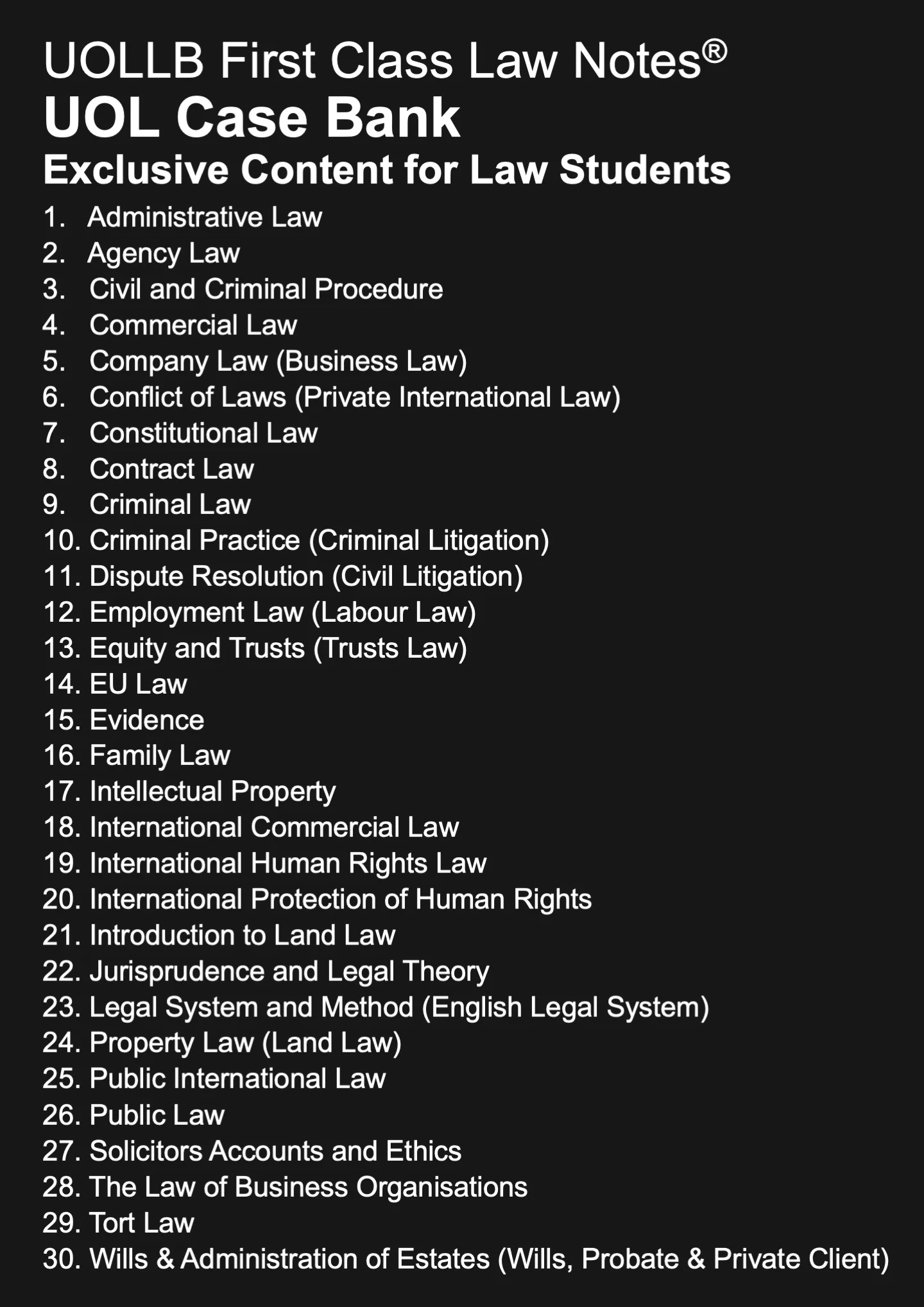Overreaching in Land Law
Share
Overreaching is a legal concept in English land law that protects the interests of a purchaser of a legal estate in land from any potential claims by third parties who may have equitable interests in the land.
A legal estate is a registered interest in land that is recognised by law, while an equitable interest refers to an interest in the land that is recognised by equity (e.g. contribution to mortgage payment, home improvement), but not necessarily by law.
When a legal estate in land is transferred from one owner to another, the purchaser's interest in the property must be protected from any equitable interests that may be held and claimed by third parties.
Under Section 2 of the Law of Property Act 1925, when a legal estate in land is transferred from one owner to another, the purchaser's interest must be protected from any equitable interests that may be held by third parties such as the contributors of mortgage payment who are not the legal owners.
The equitable interests of a person in the property is said to be overreached when his equitable property right is dissolved, detached from a piece of property, and reattached to money that is given by a third party for the property.
The result is that the equitable interests are converted by attaching a monetary interest to the land, such as a purchase price. Consequently, even if a third party has an equitable interest in the land, he cannot prevent the transfer of the legal estate to the new owner, as his interest has been extinguished. He can only claim his interest from the money for the purchase price.
A legal estate is a registered interest in land that is recognised by law, while an equitable interest refers to an interest in the land that is recognised by equity (e.g. contribution to mortgage payment, home improvement), but not necessarily by law.
When a legal estate in land is transferred from one owner to another, the purchaser's interest in the property must be protected from any equitable interests that may be held and claimed by third parties.
Under Section 2 of the Law of Property Act 1925, when a legal estate in land is transferred from one owner to another, the purchaser's interest must be protected from any equitable interests that may be held by third parties such as the contributors of mortgage payment who are not the legal owners.
The equitable interests of a person in the property is said to be overreached when his equitable property right is dissolved, detached from a piece of property, and reattached to money that is given by a third party for the property.
The result is that the equitable interests are converted by attaching a monetary interest to the land, such as a purchase price. Consequently, even if a third party has an equitable interest in the land, he cannot prevent the transfer of the legal estate to the new owner, as his interest has been extinguished. He can only claim his interest from the money for the purchase price.

























































